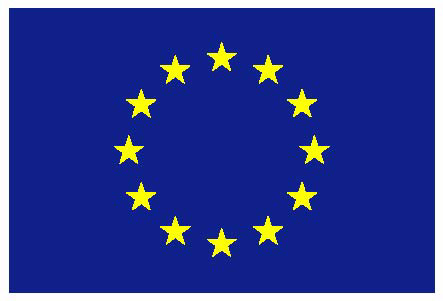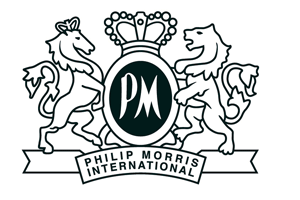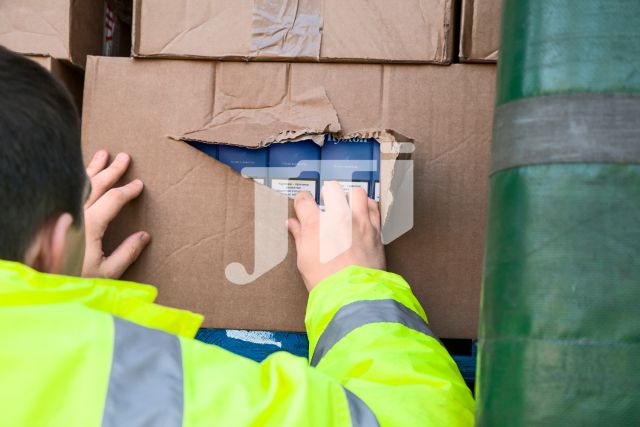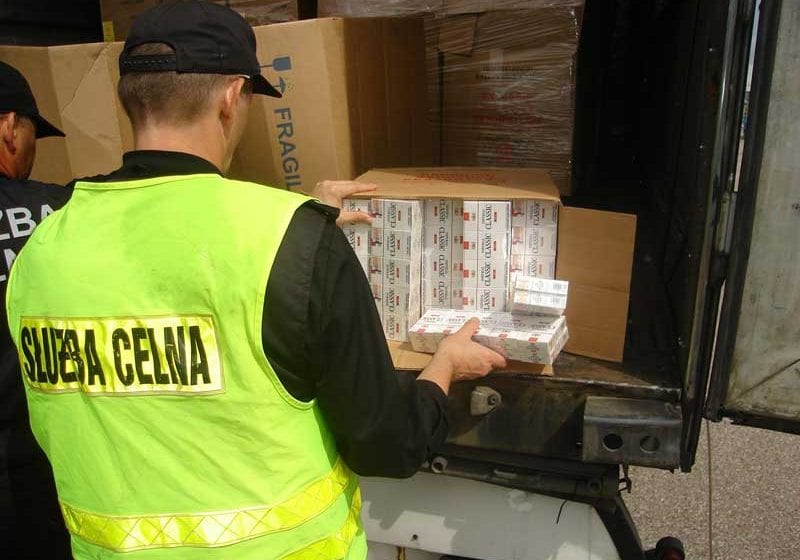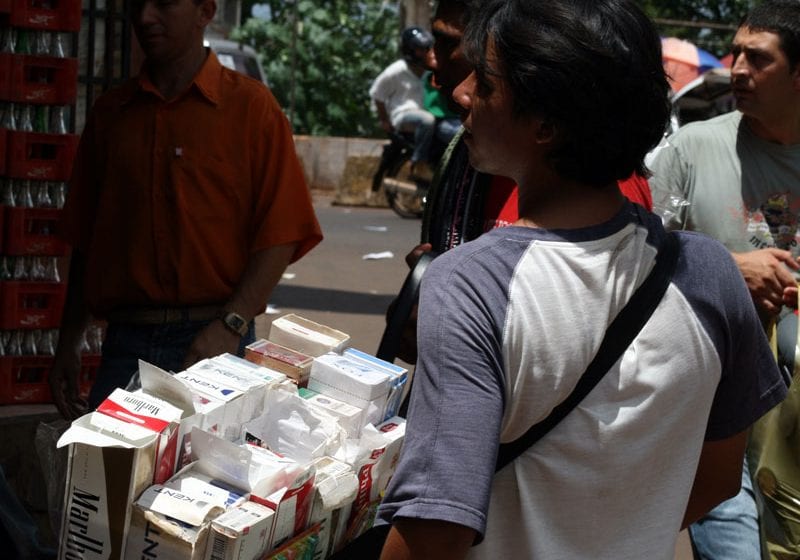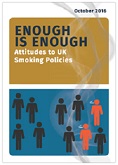Pakistan’s Peshawar High Court on Tuesday issued a stay order against the federal government’s decision to reduce taxes on tobacco products, and directed respondents in the case to submit their responses, according to a story by Hidayat Khan for the Express Tribune.
The lawsuit was filed by Hameed Khan, a resident of Chota Lahore, through his counsel Babar Khan Yousafzai, who argued in court that the reduction in taxes would make tobacco products cheap in the country and create health hazards.
It would also result in the closure of local tobacco companies, he said.
“Some 3,000 employees have lost their jobs over the last four months due to closure of some tobacco units,” the petitioner argued. “They have not taken the stakeholders on board before introducing the third tier of taxation through the Statutory Regulatory Order (SRO).”
The court accepted his petition for hearing, issued a stay order against the new tobacco-taxation rules and directed respondents to submit their replies by January 18.
The respondents in the case were said to comprise the government of Pakistan, through the finance secretary, the Federal Board of Revenue (FBR), the Ministry of Justice and the Federal Minister of Health Services.
Aiming to combat the country’s illegal trade in cigarettes and the consequent ‘massive duty evasion’, the FBR issued the SRO in June to introduce a third tier in the taxation structure of the tobacco industry. The decision, the petitioner feared, would lead to a reduction in cigarette prices and increase demand.
The plaintiff asked the court to issue an order for revoking the recent SRO and applying cigarette tax at the rate of Rs33.4 per pack.
He claimed that with the introduction of the third tier of taxation, multinationals were able to sell cigarettes cheaply and increase their sales.
“High prices are the only way to counter cigarette consumption in the world,” the petitioner told the court. “But in Pakistan, multinationals are given a free hand to reduce prices while benefitting from lower taxation.”
“Pakistan is the only country where taxes on high saleable brands have been reduced by 33.3 percent,” he argued. “This is also a breach of the World Health Organization’s convention on tobacco control.”


